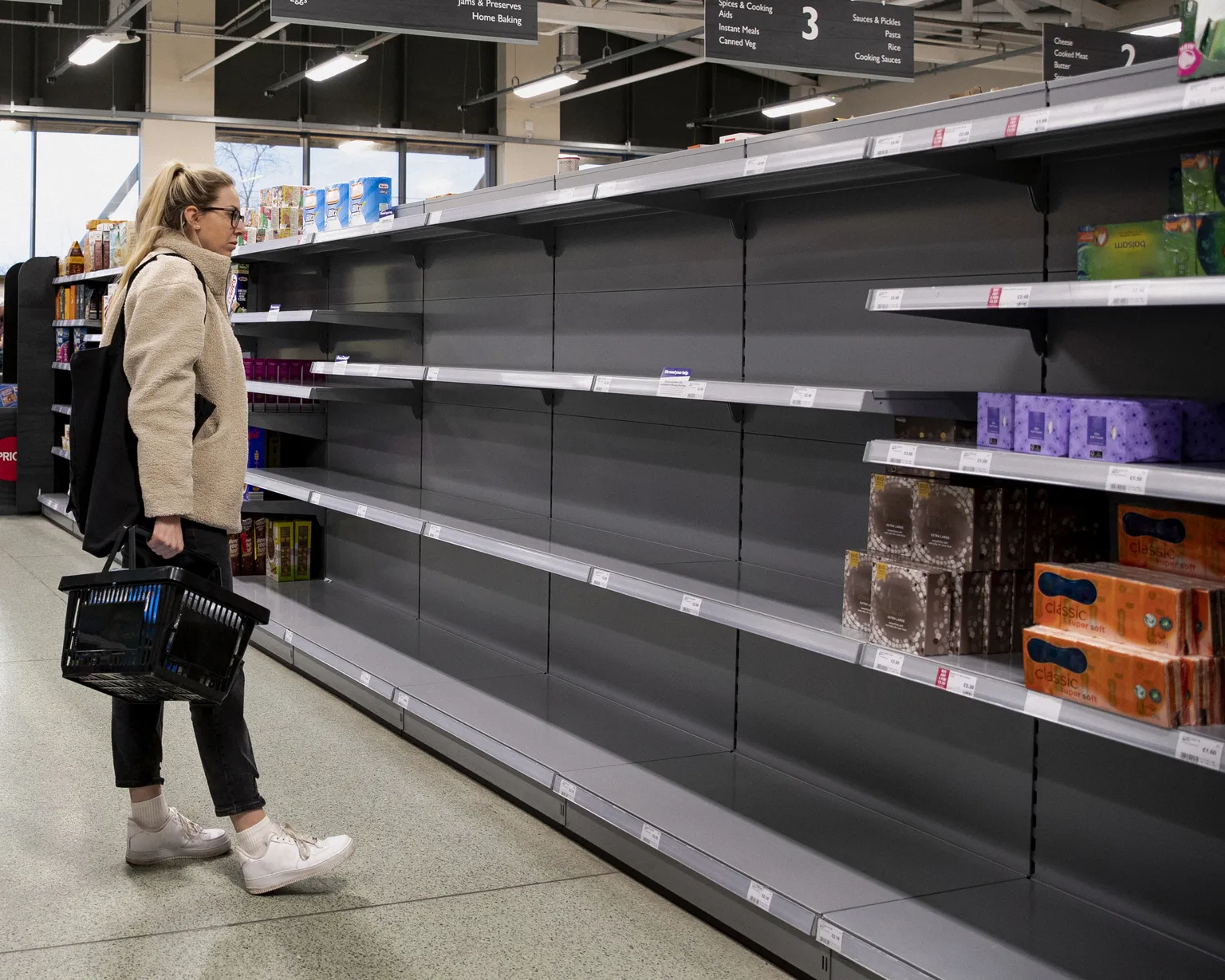The Impact of Kamala Harris’s Price Control Support on Inflation

Understanding the Price Control Debate
Kamala Harris has recently expressed her support for price controls and a tax on unrealized gains. While the intention behind these measures aims to stabilize costs for consumers, the consequences could be detrimental. Price controls, often introduced to curb inflation, may lead to unintended supply shortages and distortions in the market.
Potential Consequences of Price Controls
- Market Distortion: Price controls can disrupt normal market forces, leading to inefficiencies.
- Supply Shortages: If prices are kept artificially low, producers may reduce supply, exacerbating shortages.
- Economic Growth: Long-term reliance on price controls could stifle innovation and investment in key sectors.
The Role of Unrealized Gains Tax
A tax on unrealized gains is another contentious policy that could affect investment strategies. By taxing assets that have not yet been sold, it may deter investors from holding onto assets for longer durations, thus impacting market stability.
This article was prepared using information from open sources in accordance with the principles of Ethical Policy. The editorial team is not responsible for absolute accuracy, as it relies on data from the sources referenced.